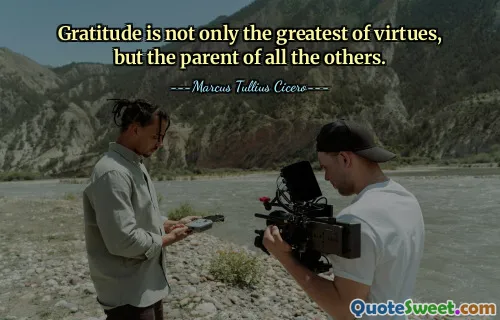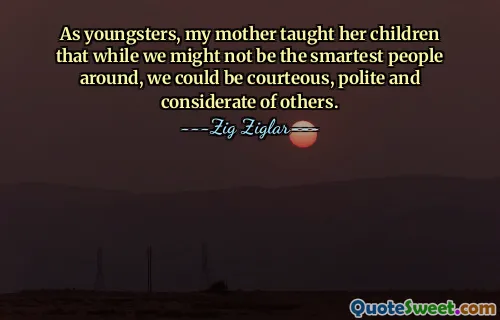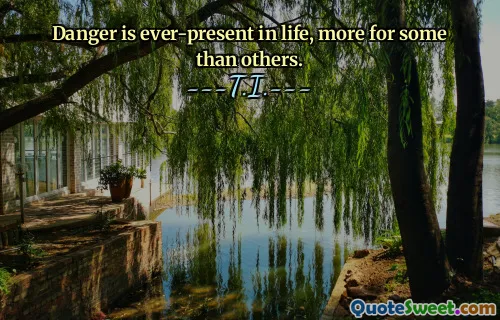
The attentions of others matter to us because we are afflicted by a congenital uncertainty as to our own value, as a result of which affliction we tend to allow others' appraisals to play a determining role in how we see ourselves. Our sense of identity is held captive by the judgements of those we live among.
This quote from Alain de Botton's Status Anxiety delves deeply into the human condition, highlighting a fundamental vulnerability tied to our self-worth. It observes that our sense of identity often depends on external validation rather than intrinsic certainty about our value. This "congenital uncertainty" suggests that from birth—or at least very early on—we begin life with a fragile and incomplete grasp of who we are, leading us to rely heavily on the assessments of others to try and solidify our self-image.
What is particularly striking is the metaphor of captivity: our identity is "held captive" by others' judgments. This positions the social context not as a mere backdrop to our lives but as an active force shaping, and sometimes restraining, the way we understand ourselves. This dynamic explains why social approval carries such emotional weight and why rejection, neglect, or criticism can be profoundly painful or destabilizing.
Reflecting on this, there emerges a tension between needing others and cultivating autonomy. We are inherently social beings; relationships and societal feedback help us grow. Yet offering so much power to external opinions risks losing a grounded, resilient sense of self. The quote invites us to seek balance—recognizing the influence of others while striving to build some inner certainty that is less vulnerable to fluctuating opinions. It also emphasizes the psychological roots of status anxiety, illuminating why people so often scramble to be seen positively in social hierarchies and why this struggle sometimes becomes a source of existential distress.





